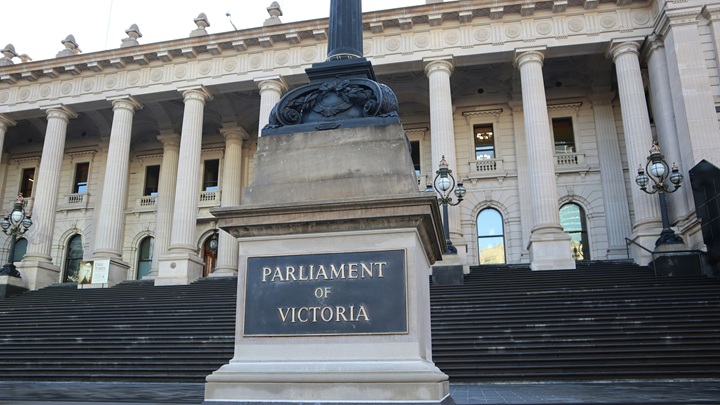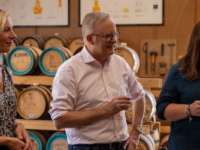The 2025-26 Victoria state budget might have been well received by many Victorian families, but not for the state’s struggling businesses, whose hopes for a tax relief have been dashed.
“It has come to something when the confirmation of no new business taxes is presented as good news,” said Gavan Ord, business investment lead for Australia’s largest accounting body CPA Australia. “It’s like the camel thanking its owner for not adding that final straw to its back.
“Though a period of stability and no new tax shocks is welcome and coincides with today’s much-needed cut to official interest rates, the conditions under which Victorian businesses operate remains incredibly challenging. The Emergency Services and Volunteer Fund levy, announced in December, is an example of an added financial burden on Victorian property owners that further compounds the difficulties for businesses across the state.”
Ord stated that while the return to an operating surplus was an encouraging sign that would hopefully lead to pressure easing on Victorian taxpayers in the future, the state budget failed to show fiscal restraint.
Victoria’s budget been fattened by a $5.7 billion increase in Commonwealth grants, which CPA Australia says is being spent on pre-election sweeteners rather than reducing state taxes.
“Many Victorians will not realise that they already pay more in taxes than people in any other state or territory,” Ord said. “The cost-of-living relief provided in the Budget is largely down to the extra funding Victoria is receiving from federal government grants in the next 12 months.”
He also noted that while several programs aimed at building small business capability were announced in the Budget, their scale is limited. And if the small-business sector is to be supported, he pointed out that both state and federal governments must place a higher priority on policies that back business investment and innovation, with the funding to back it up.
“We need to revitalise the business environment by removing unnecessary regulatory burdens and supporting entrepreneurship,” Ord concluded.
















